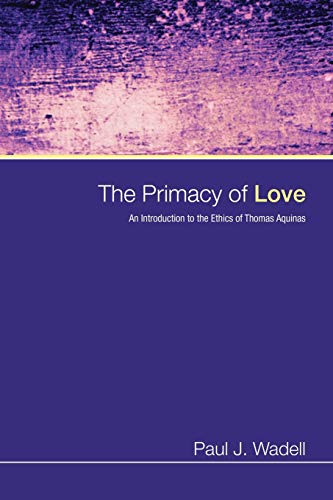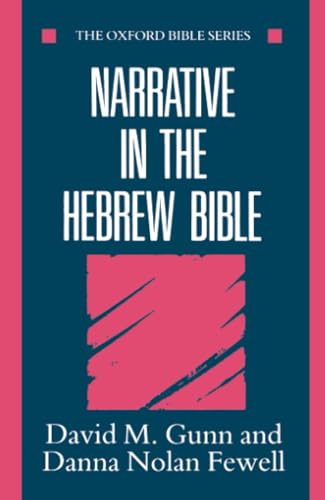Loosing the Chains: Religion as Opium and Liberation
Written by J. Andrew Kirk Reviewed By David AttwoodAndrew Kirk’s book positively bursts with ideas. Some of them belong to an old iconoclastic tradition of Christianity. This tradition sees that the fabric of religious worship of life can become stale, wooden and ossified over the years. The result is that religious belief makes for slavery, not for freedom. Iconoclastic movements set out to break up the solidified forms of religion, and Kirk belongs in this honourable tradition. But Kirk brings his critique to bear on the issues of religious dialogue in a fresh and provocative way. And he gains resources for his critique from a range of people, including Nietsche, Freud and Marx. The resulting reaction positively fizzes—it’s like watching kettle descaler at work in a hot kettle!
Lesslie Newbigin commends the book in a foreword, and remarks perceptively that the book ‘surveys a very broad range of both “religious” and “secular” elements on the world scene. Inevitably those who are specialists in one or other of these fields will have questions to ask. But it is very important to listen to those who are “generalists” ’ (p. viii). The range is indeed broad, including comments on: the nature of religion, secular critics of religion, truth-claims and pluralism, Judaism, Hinduism, Buddhism, Islam, Christianity, Jesus Christ’s challenge to religion, renewal and liberation, and finally liberation from religion. To get intelligent discussion of all these themes into 200 short pages is no small ambition! The two main targets for Kirk’s iconoclastic hammer are religion as bondage, and pluralist approaches to dialogue which deny the possibility of truth-claims. As Kirk swings his hammer first this way, and then that, it is not always possible to see which sacred cows or icons he has actually hit. In other words, the implications of what he says still need a good deal of thinking through.
The heart of the book’s argument is to be found in the last 25 pages (pp. 176–201). Here Kirk argues that the central message of Jesus Christ provides a point from which all religious practices, including those of Christianity, can and must be judged. The fact that Christianity itself has often been a humanly created religion like the others does not deny the truth of Jesus’ message. This message affirms that God communicates himself to us. This can be tested by criteria including consistency, coherence with the reality of human life, and whether it alienates or brings liberation. In the light of this message, we cannot enter religious dialogue on the basis that we can find God through the varieties of religious experience, or even through religion at all. Indeed, the claims of Lordship made by Jesus Christ mean that the very phrase ‘the search for God’ is questionable. To use this phrase is already to imply that ‘it is our search, in the sense that we ultimately are in control of this expedition and can decide when we have reached the desired destination, which is the discovery of a divine being with whom we “feel comfortable” ’ (p. 193).
I can raise only two good cheers for this book, not the full three! This is not because the book has many loose ends, many unsupported swipes at this or that, or because it leaves so many questions with the reader. Indeed all these are essentially part of the book, and the questions raised are often important and well aimed. Even some of the unfair (as it seemed to me) jibes at different viewpoints are important components—to make the mixture fizz and clean the kettle!
The problem is the one the iconoclast always faces. Having smashed up one dead religious custom, it has to be replaced with something else. How is the message of Jesus Christ to be conveyed and lived, if not through a religious tradition and a religious people? One cannot plausibly point, after all, to a political embodiment of the message of Jesus, nor to a secular embodiment of it. But the message must be embodied—it cannot float through the world as an unsupported ideal. The embodiment of Christ’s message needs continual renewal, and I am grateful to Kirk for his fizzy and cleansing mixture. It should help religious Christians, and the task of religious dialogue, to renew their work and their living out of Christ’s liberating gospel.
David Attwood
Trinity College, Bristol







